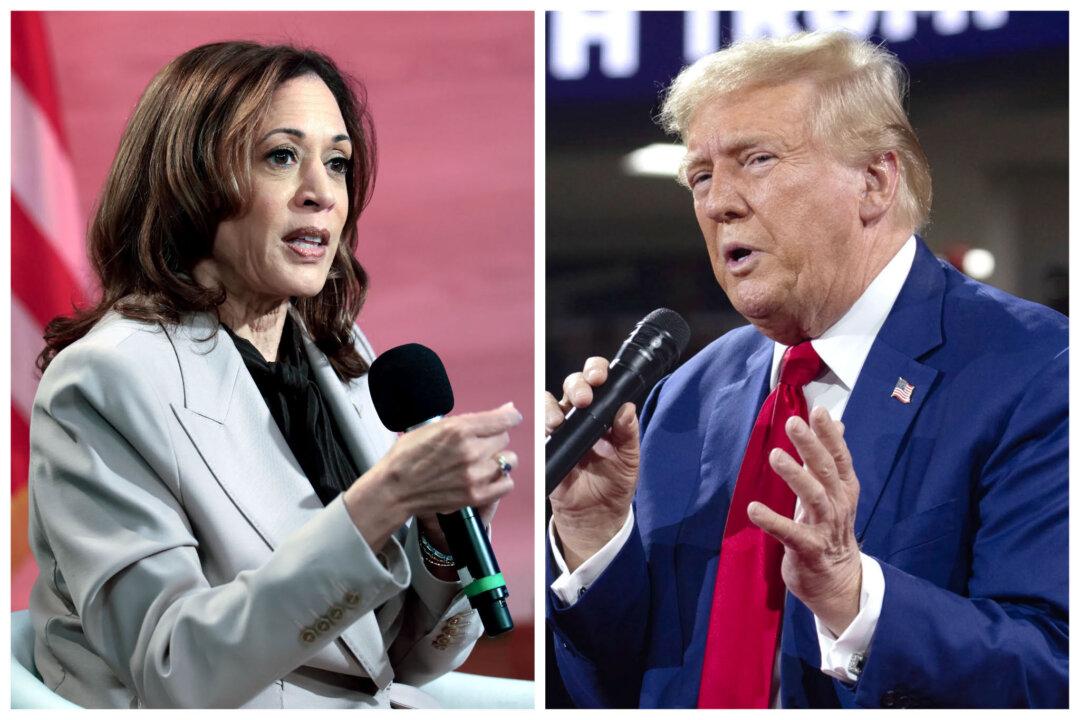With less than 30 days remaining until Election Day, Vice President Kamala Harris and former President Donald Trump are ramping up their campaigns for a final push to sway undecided voters. Recent polls indicate that both candidates are neck-and-neck in all seven battleground states.
This election cycle has already been marked by dramatic events, including two assassination attempts on Trump and President Joe Biden’s decision to withdraw from the 2024 race, passing the reins to Harris.






